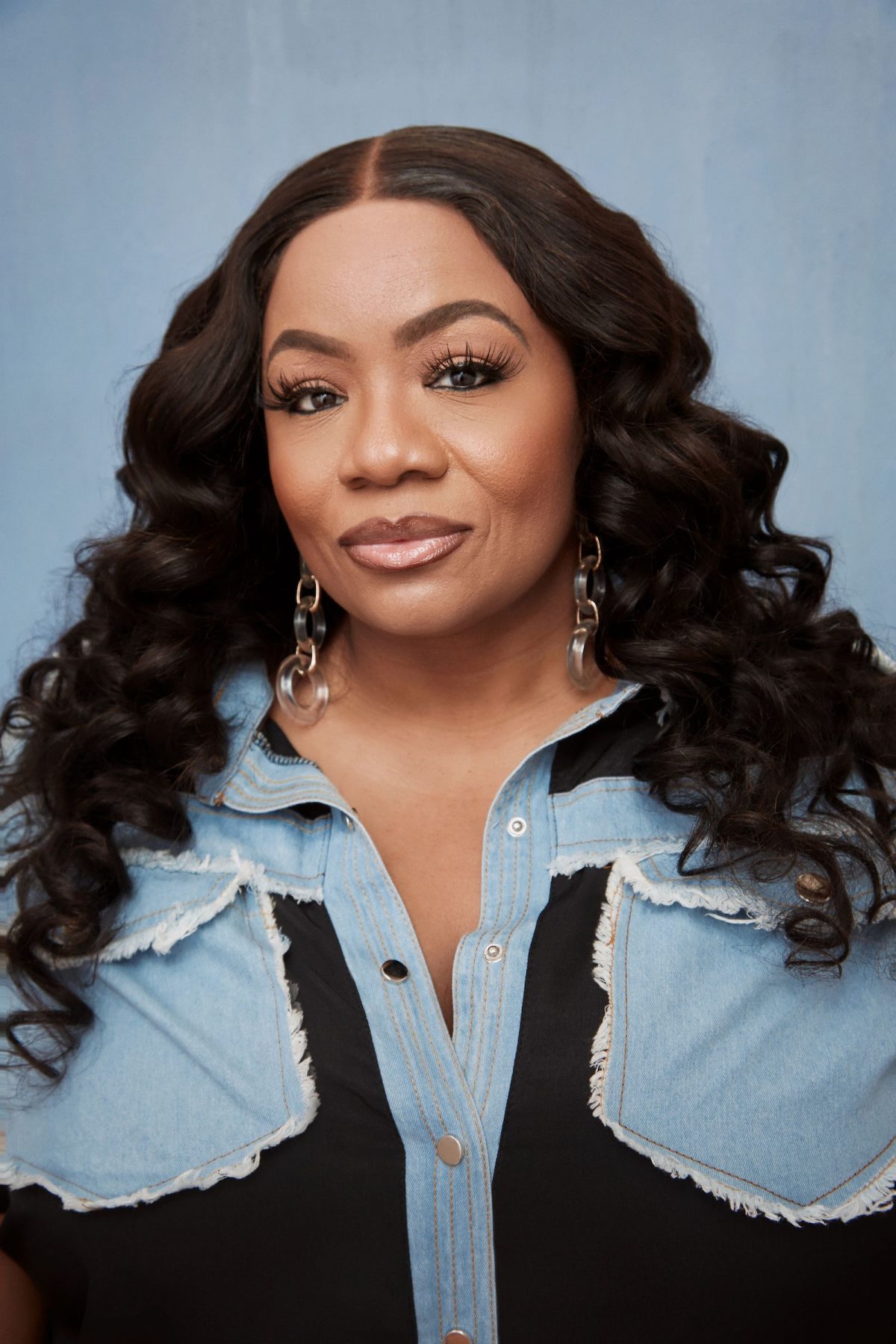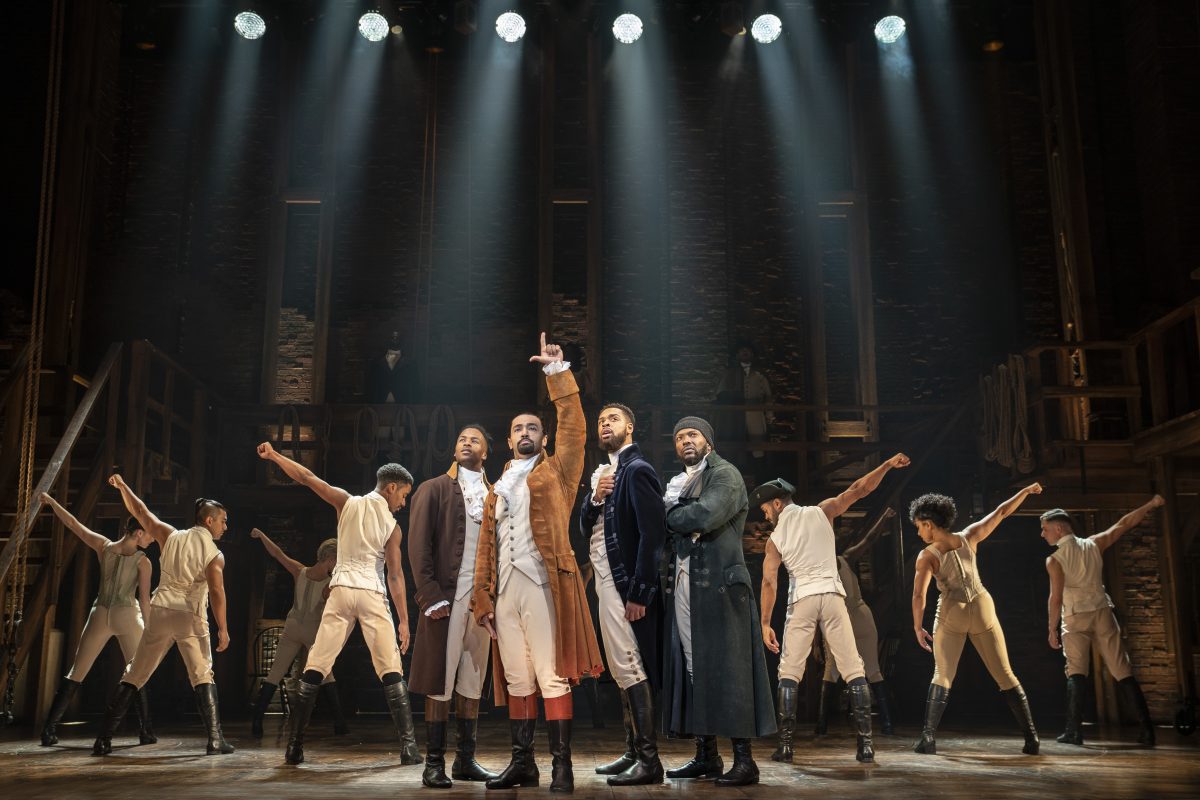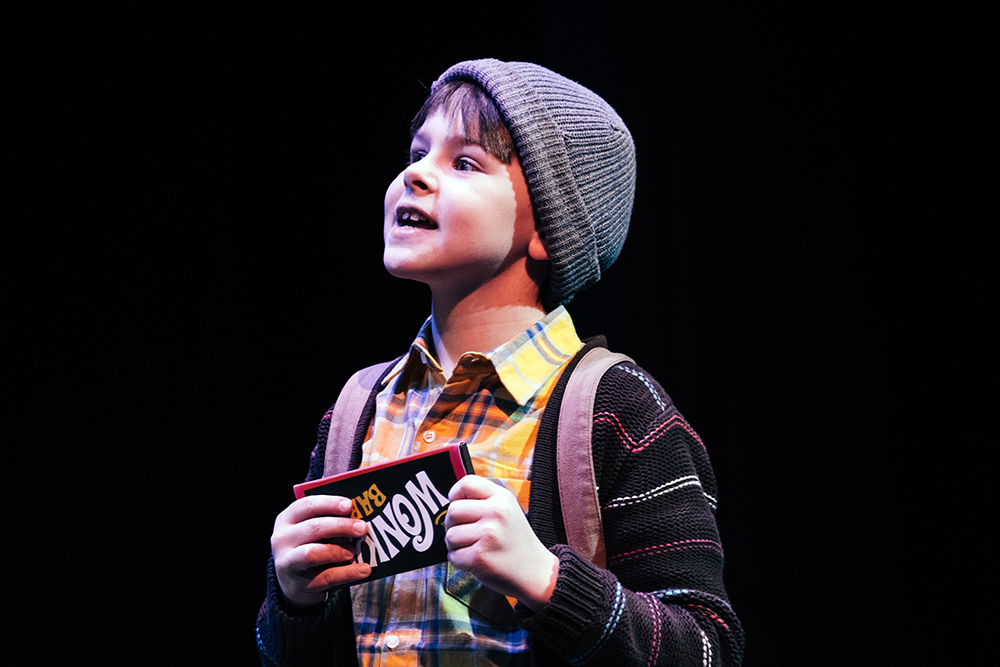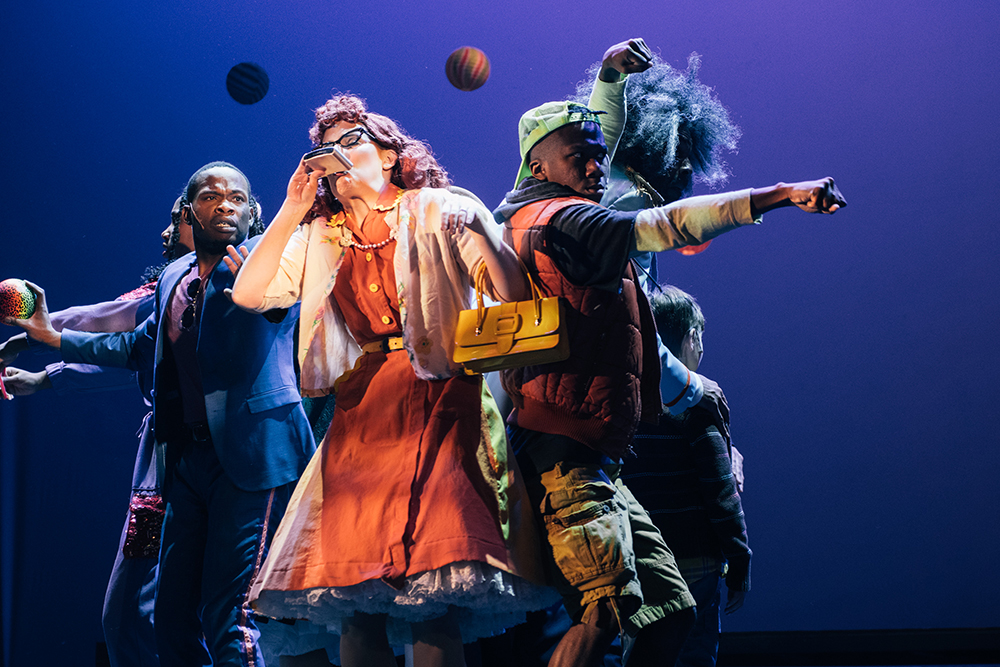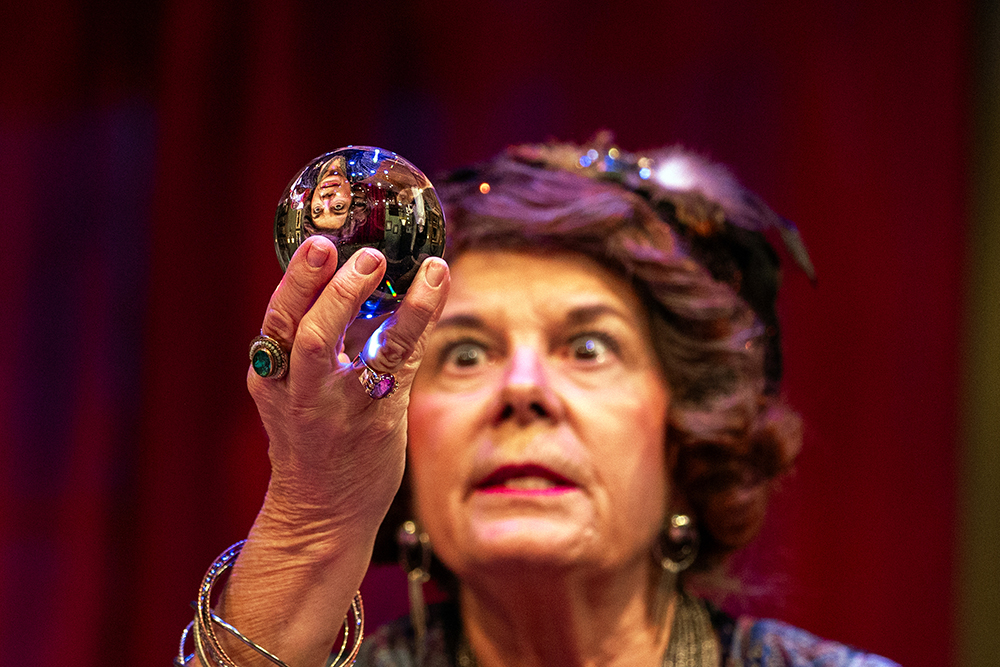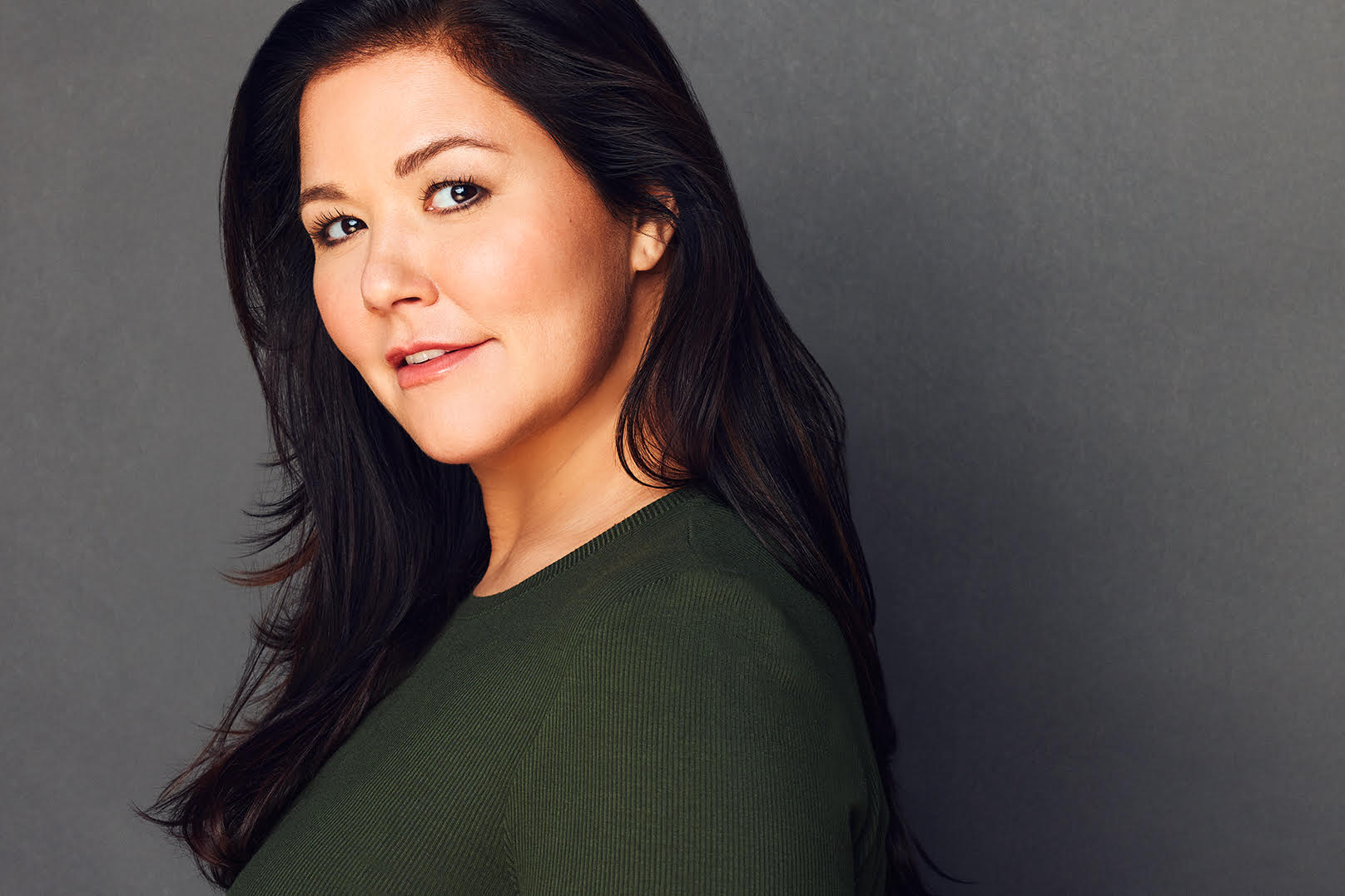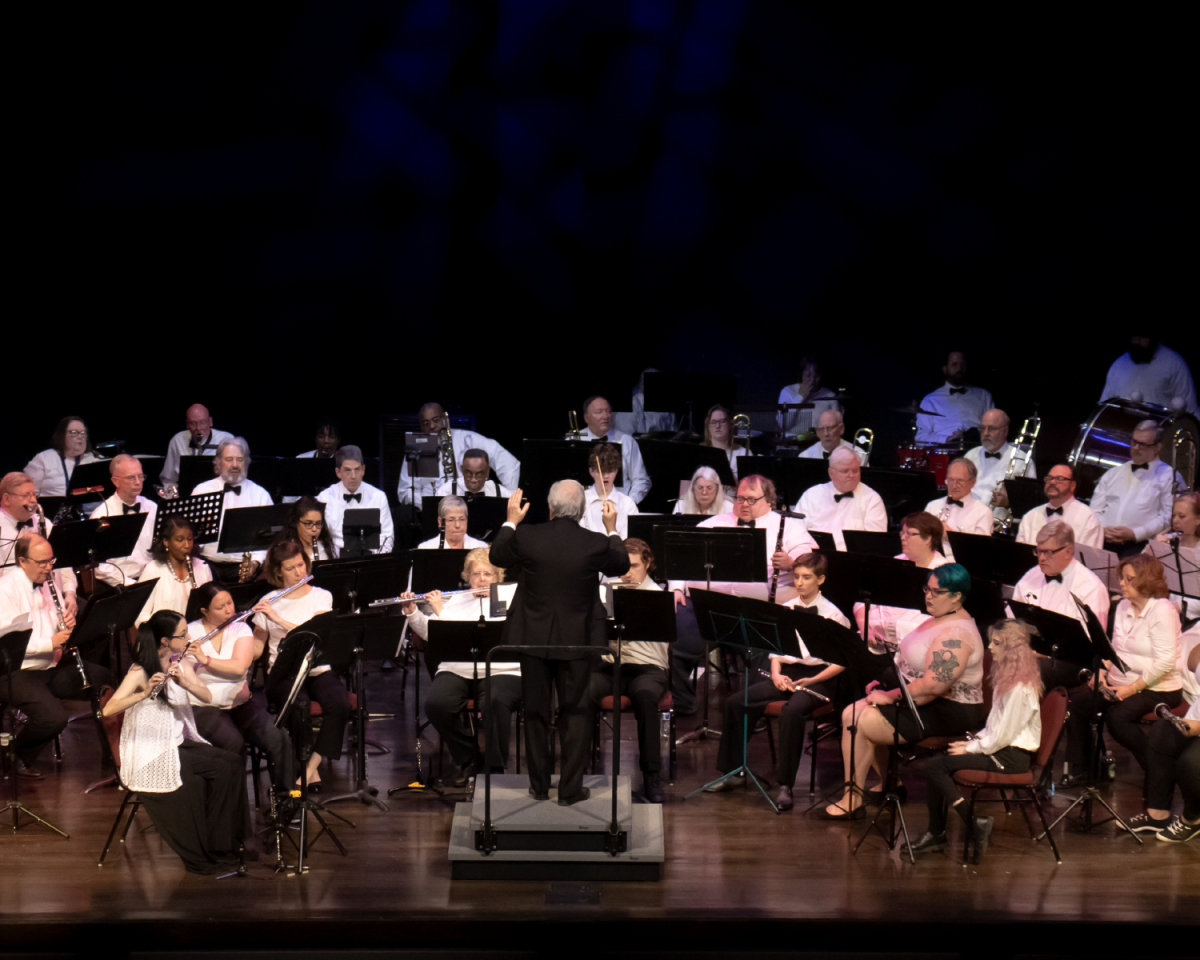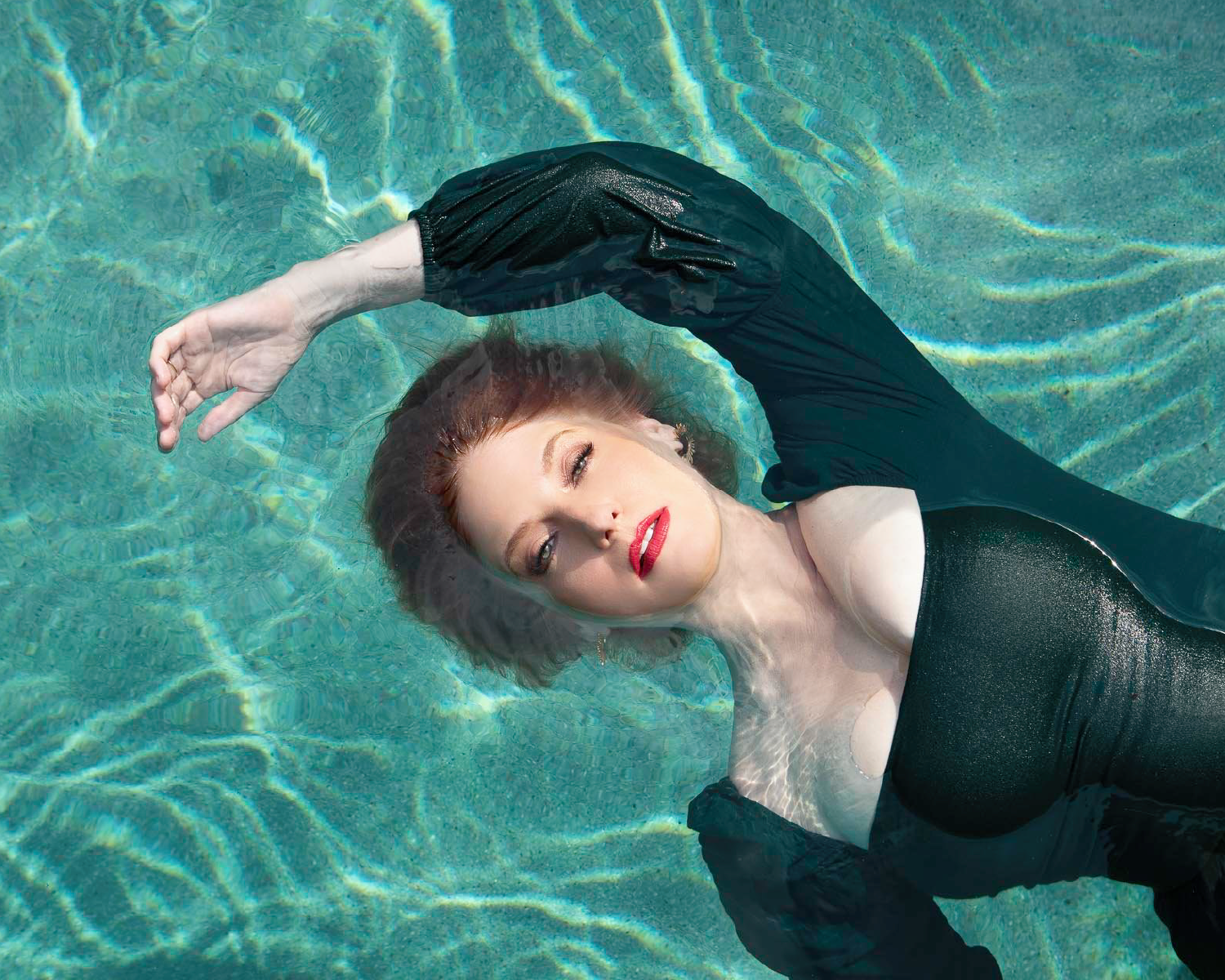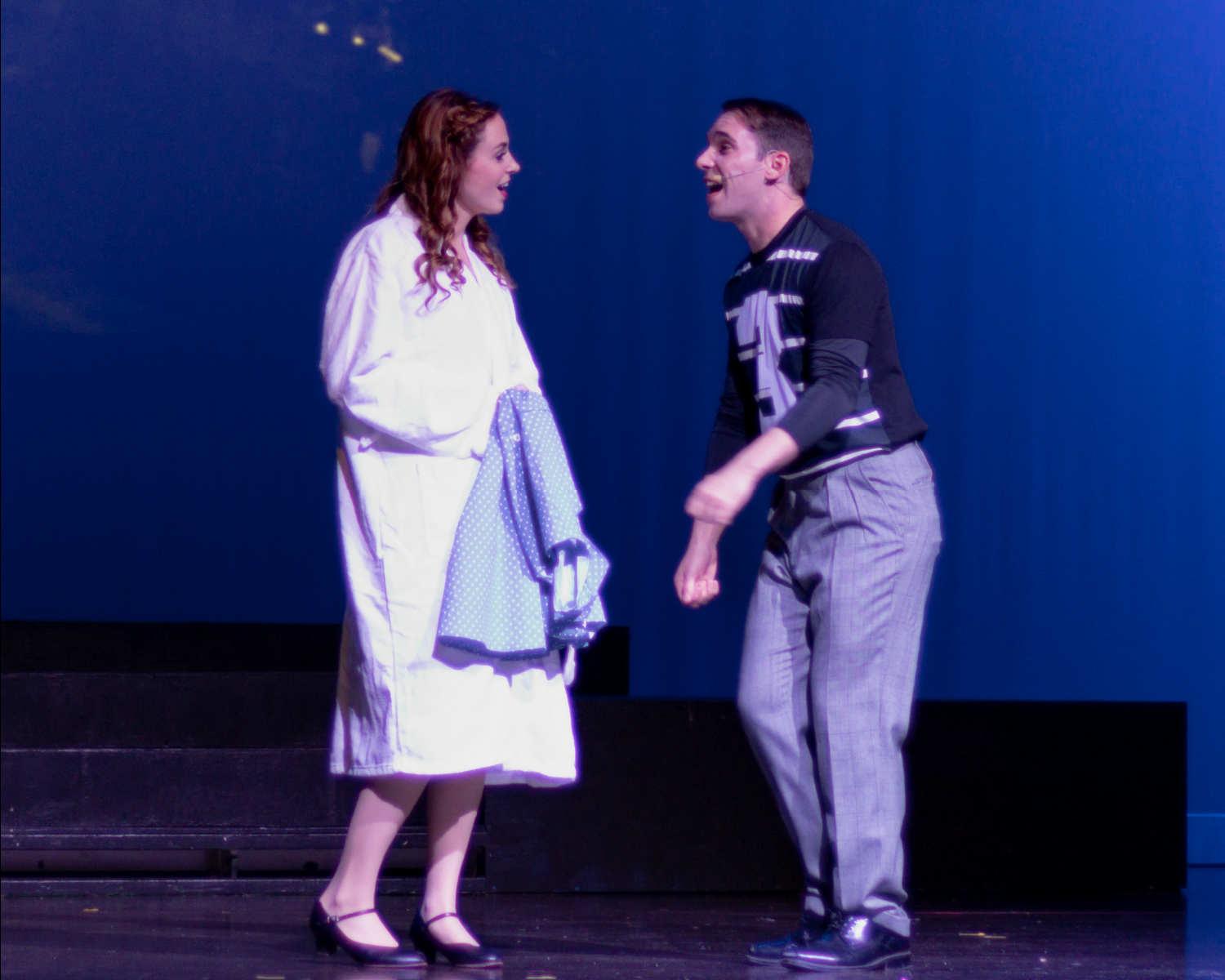The local stage community celebrated another season by honoring the best cast, crew members, and productions at the Ostrander Awards ceremonies Sunday, August 27th.
The annual event brought play lovers to the Halloran Centre for Performing Arts & Education at the Orpheum. The numbers favored Theatre Memphis and its Next Stage, which combined to win 21 categories. The top award-winning production was TM’s zany The Play That Goes Wrong, which took seven honors, including top play and ensemble, and awards for director Ann Marie Hall, supporting actress Amy Rush, supporting actor Bruce Huffman, choreographer Courtney Oliver, and scenic designer Jack Netzel-Yates.
The most honored in the musical category was TM’s Mary Poppins with five awards: Russell Lehman for leading actor, Tracy Thomas for feature performer, and Buddy Hart and Rence Phillips for hair, wig, and makeup. Jack Netzel-Yates pulled in two awards for props and scenic design.
The previously announced winner of the 2023 Eugart Yerian Lifetime Achievement Award was Ruby O’Gray, who has acted, directed, and produced shows in local theater since 1977. She is the first Black woman to receive the honor. Among her achievements is the Women’s Theatre Festival of Memphis, an event celebrating women’s contributions to the local stage.
Jared Johnson, who directed the musical The Scottsboro Boys at Playhouse on the Square won the plaque for best musical production. The critically acclaimed performance was based on the 1931 story of nine falsely accused Black teenagers, and the profound injustices that followed fueled the Civil Rights Movement. Despite the grim subject matter, the musical is staged as a vaudeville-style variety show. During the production, Johnson described it as “fun, makes you laugh, and is entertaining so it hides the ugly truth in plain sight.”
The Ostrander Award reflects the powerful approach taken to carry the message across. After Sunday night’s award, Johnson said, “It means so much for folks to understand what we were trying to do, which is really communicate about not just how much we should embrace our history, but also about how we should love on it and to just enjoy it even when it’s hard and painful. The beauty in our history is it makes us who we are, but more importantly, it makes us stronger. It makes us wiser so that we can move on. And guess what? If we have that one little conversation, we can mend a lot of the fences holding us back from being able to just love each other. This win, where we celebrate Black artistry and Black brilliance, makes me feel like we’re in a new world where we can recognize all the talents and it just makes me so happy.”
Ostrander Award winners:
DIVISION I
Props Design, Play: Gabrielle ‘Gabby’ D’Arcangelo Calvert; Clyde’s; Circuit Playhouse
Props Design, Musical: Jack Netzel-Yates; Mary Poppins; Theatre Memphis
Scenic Design, Play: Jack Netzel-Yates; The Play That Goes Wrong; Theatre Memphis
Scenic Design, Musical: Jack Netzel-Yates; Mary Poppins; Theatre Memphis
Lighting Design, Play: Nicole Northington; Sherlock’s Last Case; Theatre Memphis
Lighting Design, Musical: Nicole Northington; Guys and Dolls; Theatre Memphis
Sound Design, Play (two winners): Joe Johnson; Sherlock’s Last Case; Theatre Memphis; and Josh Crawford; Pass Over; Circuit Playhouse
Sound Design, Musical: Joshua Crawford; Natasha, Pierre & the Great Comet of 1812; Playhouse on the Square
Hair, Wig, & Makeup: Buddy Hart & Rence Phillips; Mary Poppins; Theatre Memphis
Costume Design, Play: Amie Eoff; Macbeth; Next Stage
Costume Design, Musical: Amie Eoff; Guys and Dolls; Theatre Memphis
Music Direction: Dustin Pappin; Natasha, Pierre & the Great Comet of 1812; Playhouse on the Square
Choreography/Fight Choreography, Play: Courtney Oliver; The Play That Goes Wrong; Theatre Memphis
Choreography, Musical: Christi Hall; Guys and Dolls; Theatre Memphis
Featured Performer, Play: Caroline Simpson; Macbeth; Next Stage
Featured Performer, Musical: Tracy Thomas; Mary Poppins; Theatre Memphis
Supporting Actor, Play: Bruce Huffman; The Play That Goes Wrong; Theatre Memphis
Supporting Actress, Play: Amy Rush; The Play That Goes Wrong; Theatre Memphis
Supporting Actor, Musical: Daniel Stuart Nelson; Jersey Boys; Playhouse on the Square
Supporting Actress, Musical: Haley Wilson; Natasha, Pierre & the Great Comet of 1812; Playhouse on the Square
Leading Actor, Play: Cristian S. Nieves; Clyde’s; Circuit Playhouse
Leading Actress, Play: Natalie Jones; Macbeth; Next Stage
Leading Actor, Musical: Russell Lehman; Mary Poppins; Theatre Memphis
Leading Actress, Musical: Nichol Pritchard; Guys and Dolls; Theatre Memphis
Ensemble, Play: The Play That Goes Wrong; Theatre Memphis
Ensemble, Musical: The Scottsboro Boys; Playhouse on the Square
Direction, Play: Ann Marie Hall; The Play That Goes Wrong; Theatre Memphis
Direction, Musical: Dave Landis; Natasha, Pierre & the Great Comet of 1812; Playhouse on the Square
Original Script: Ann Perry Wallace; Live Rich Die Poor; Like Bamboo Productions
Production, Play: Ann Marie Hall; The Play That Goes Wrong; Theatre Memphis; Elizabeth Perkins, Stage Manager
Production, Musical: Jared Johnson; The Scottsboro Boys; Playhouse on the Square; Tessa Verner, Stage Manager
DIVISION II
Props Design: Emily Matusik; Wire in the Garden; Rhodes Theatre Guild
Scenic Design: Justin Asher & Richard Logston; Titanic: The Musical; Harrell Theatre
Lighting Design: Melissa Andrews; Wire in the Garden; Rhodes Theatre Guild
Sound Design: Kaitlin Starnes; Wire in the Garden; Rhodes Theatre Guild
Costume Design: Newman Jones; Sense and Sensibility; University of Memphis
Music Direction: Tammy Holt; Titanic: The Musical; Harrell Theatre
Featured Performer: Rachel Adkins; Sense and Sensibility; University of Memphis
Supporting Actor, Play: Bryan Kenton; Triangle; Three Diamonds Productions
Supporting Actress, Play: Epiphany Aiken; Wire in the Garden; Rhodes Theatre Guild
Supporting Actor, Musical: Will Draper; The Rocky Horror Show; University of Memphis
Supporting Actress, Musical: Nichol Pritchard; Titanic: The Musical; Harrell Theatre
Leading Actor, Play: Adam Remsen, Wakey Wakey; Quark Theatre
Leading Actress, Play: Kathryn Dressel; Wire in the Garden; Rhodes Theatre Guild
Leading Actor, Musical: Nic Luter; Elf: The Musical; Harrell Theatre
Leading Actress, Musical: Maggie Emmendorfer; Once Upon a Mattress; Rhodes Theatre Guild
Ensemble: Wire in the Garden; Rhodes Theatre Guild
Direction: Julia Hinson; Wire in the Garden; Rhodes Theatre Guild
Production: Justin Asher; Titanic: The Musical; Harrell Theatre; Taylor Daniels, Stage Manager
